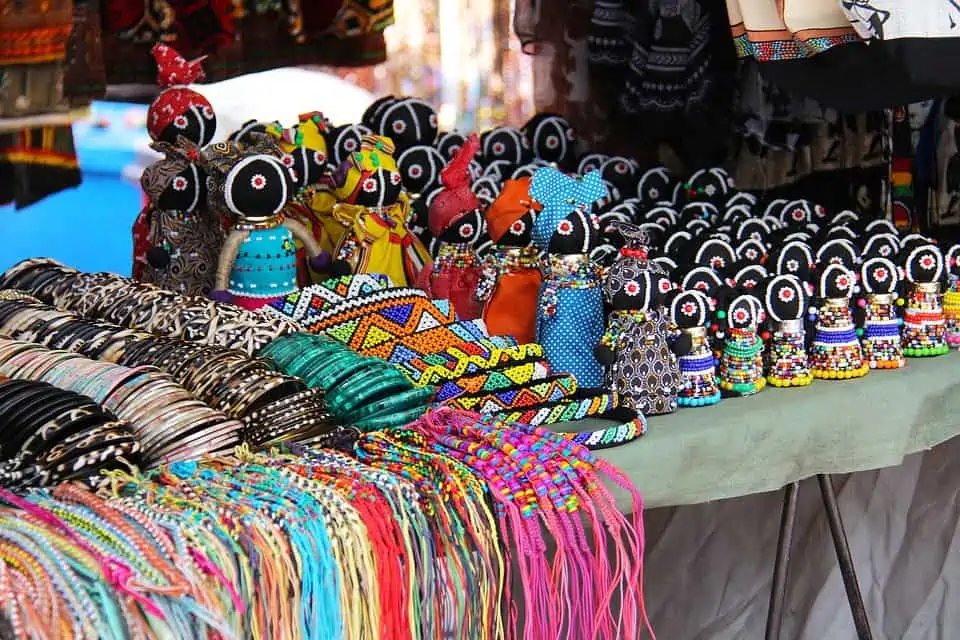The adoption of Bitcoin and cryptocurrencies shows no signs of slowing down and Africa is currently the most prosperous ecosystem for the massification of this industry.
Although Africa has the smallest cryptocurrency economy compared to other regions in the world, the adoption of Bitcoin and crypto assets within the continent is making leaps and bounds.
Bitcoin, despite its volatility, has become the newest and most powerful system that Africans have to overcome the economic barriers and restrictions imposed by governments. On the continent, the world's leading cryptocurrency is helping thousands of people access the financial system, receive remittances, make cross-border payments or simply protect its value from monetary inflation.
A study carried out by the company KuCoin indicates that the number of users of Bitcoin and other cryptocurrencies in Africa grew more than 2.500% in the last year. In 2021, blockchain analysis firm Chainalysis had reported that Africa's cryptocurrency economy was the most dynamic and exciting in the world in terms of growth, with an increase of 1.200%.
It may interest you: The FCSA wants to regulate the crypto market in South Africa, which grew 1.200% this year
Bitcoin adoption grows in Africa
The use of Bitcoin and other cryptocurrencies in Africa has seen steady growth since 2021, making the continent one of the most important markets for cryptocurrency development and adoption. Johnny Lyu, CEO of KuCoin, said cryptoassets are being used on the continent primarily to make retail payments.
Compared to the 2021 Chainalysis report, professional and institutional cryptocurrency trading volumes have been declining. It is presumed that Africans' accessibility to smartphones and the Internet, and their ability to quickly adapt to new technologies, is driving the use and adoption of Bitcoin and cryptocurrencies among everyday users.
2,8% of total cryptocurrency volume
The cryptocurrency market in Africa is moving around 2,8% of the total volume transacted through cryptocurrencies and digital assets. Nigeria is the country that ranks highest in the industry by adoption levels, followed by Kenya and South Africa not far behind. The cities of Cairo, Cape Town and Lagos are where crypto assets have gained the most momentum. KuCoin notes that this is where much of the payments digitalization process on the continent is happening.
The capital of Kenya, Nairobi, records the highest number of cryptocurrency transactions in the entire region, surpassing the rest of the cities in Africa by more than 60%.
Cryptocurrencies in the remittance market
One of the biggest uses that African citizens are giving to Bitcoin and cryptocurrencies is sending and receiving remittances. According to KuCoin, 88,5% of cryptocurrency transactions in Africa are cross-border transfers.
In the remittance market, it is more efficient and economical to receive money through cryptocurrencies and stablecoins, which facilitate almost instantaneous transactions and with fairly low commission rates. In fact, the company has noted that users often pay as little as 0,01% of the total transaction amount as a commission fee; something that is quite attractive compared to the high percentages that traditional companies and institutions charge to receive money from abroad.
Bitcoin as a store of value
In Africa, many are also beginning to recognize the value and utility of Bitcoin as an investment asset, which can serve as a long-term store of value.
Several of the countries that register the highest levels of inflation and poverty in the world are located in Africa. In the last year, for example, the Nigerian naira has lost a significant part of its value due to the economic and political conditions in the country. Although the Central Bank of Nigeria prefers to point to the rise of Bitcoin as the culprit for the depreciation of its local currency.
The truth is that Bitcoin and cryptocurrencies are serving financial inclusion in Africa well to help citizens overcome existing barriers. Several companies in the industry are developing educational programs to bring and strengthen knowledge about cryptocurrencies and blockchain technology to Africans. Others, like Etherisc, are driving the potential of blockchain to ensure security for vulnerable agricultural producers in Africa through decentralized insurance policies.
Continue reading: Bitcoin a solution for debanking and financial inclusion




